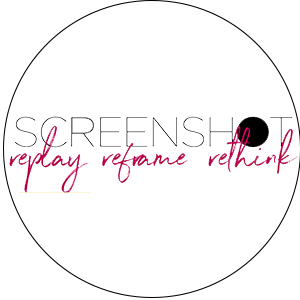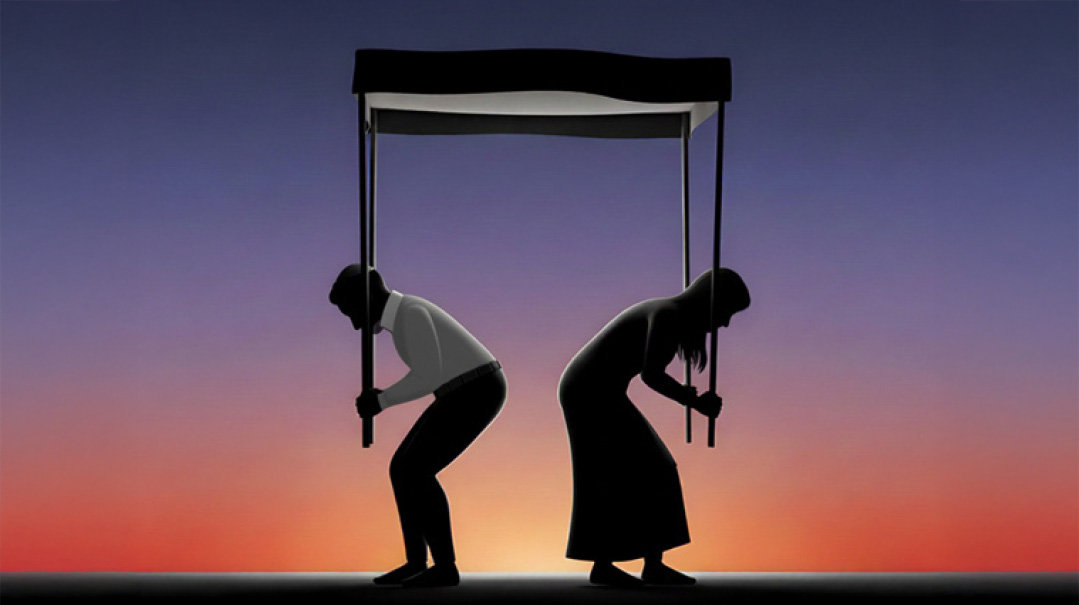Make It Better

The most professional writers are the most receptive to feedback

Every time I get good feedback about the magazine, my response is the same: “We have a great team.”
This product cannot be credited to any single person — there are so many contributors who work so hard to bring it to the finish line every week, so many players who serve a role in the complex enterprise of writing, editing, designing, producing, closing, printing, distributing, selling, and budgeting the package.
The final product is a tangible testament to all that talent and dedication. But there’s another, quieter testament to the caliber of our staff: their receptiveness to criticism.
This is something that you readers don’t get to see, but I see it often, and it’s always so impressive. Especially because these are people who put so much heart into their work — and when you invest so much, criticism can feel very painful. But take a look at these responses to emails pointing out bad word choice or mangled grammar, and you’ll see a team with an unusually open attitude.
(These are all excerpts of actual correspondence I received, from four different people who work at different stages of the process.)
Response #1:
“Thanks so much for this. I’m always looking to better my writing skills and constructive criticism is a necessary component for any and all development.”
Response #2:
“This is so frustrating… here we have a blatant error that’s slipped in multiple times…. Thanks, as always, for letting us know where we’re dropping the ball — please keep pointing it out.”
Response #3:
“I share your frustration on this and I have addressed it with the two staff members involved in this particular piece. I will also try to find an appropriate moment to bring it up verbally as well, just to reinforce the message…. I am gathering that the consciousness-raising on this issue will be more gradual than I first realized. We will keep at it.”
Response #4:
“You’re right. That word is definitely inappropriate and I didn’t catch that. I’m happy you brought it up and will try to be more vigilant!”
And then there was the prominent rav who responded to my extremely tentative comments with a warm and reassuring, “Of course you should tell me what’s not working in this draft. I can’t know how the readers will react, and I appreciate the comments and feedback.”
Many years ago, before Mishpacha existed, I landed a job as an afternoon secretary for Yonoson Rosenblum, back when he ran the Am Echad initiative and wrote a weekly column for the Jerusalem Post. I expected to answer phones and file papers. I was shocked when he printed out a draft of his column and told 20-something, inexperienced me, “Here, take a red pen and mark it up.”
Over the years I’ve noticed something interesting, an echo of those hours spent with the red pen: The most professional writers are the most receptive to feedback. They actively seek out comments and even criticism, and are genuinely grateful for help honing their craft.
That openness probably stems from a baseline confidence that their work has value and that it deserves some extra polish. But I think it stems equally from good middos and humility — from the knowledge that you can never evaluate your own work objectively, that a fresh set of eyes can detect flaws and inconsistencies your own eyes won’t pick up, that writing may be a solitary craft but publishing is a collaborative enterprise.
And that the people around us have been perfectly positioned by a master Editor to help us learn, improve, and grow.
—Shoshana Friedman
Managing Editor
(Originally featured in Mishpacha, Issue 915.
Oops! We could not locate your form.







